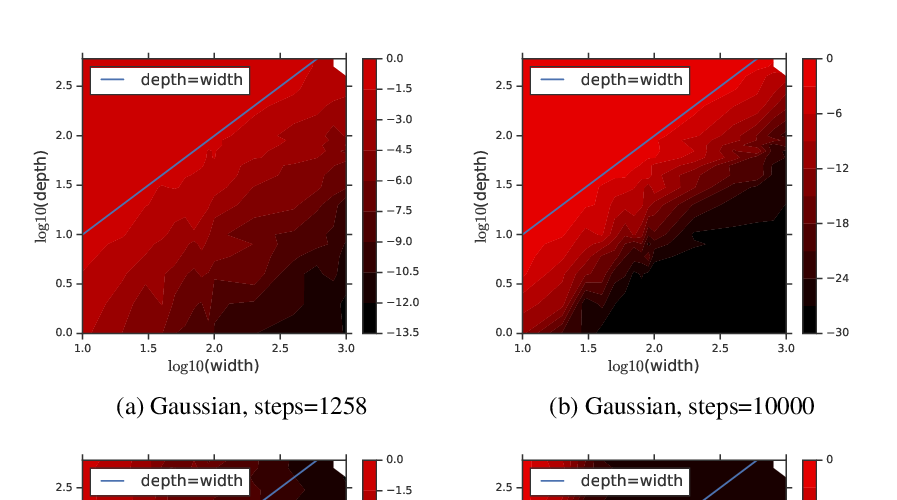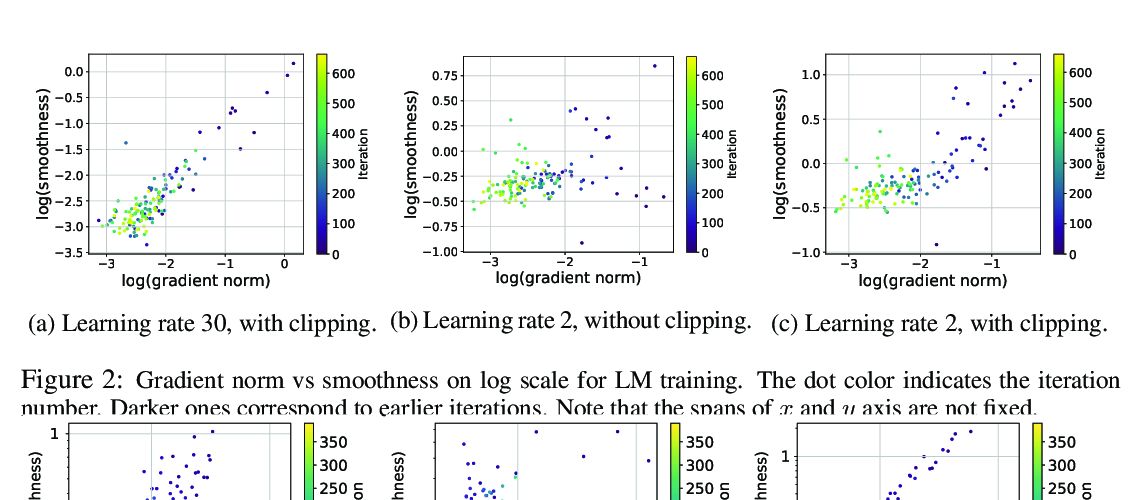Abstract:
Recently mean field theory has been successfully used to analyze properties
of wide, random neural networks. It gave rise to a prescriptive theory for
initializing feed-forward neural networks with orthogonal weights, which
ensures that both the forward propagated activations and the backpropagated
gradients are near \(\ell_2\) isometries and as a consequence training is
orders of magnitude faster. Despite strong empirical performance, the
mechanisms by which critical initializations confer an advantage in the
optimization of deep neural networks are poorly understood. Here we show a
novel connection between the maximum curvature of the optimization landscape
(gradient smoothness) as measured by the Fisher information matrix (FIM) and
the spectral radius of the input-output Jacobian, which partially explains
why more isometric networks can train much faster. Furthermore, given that
orthogonal weights are necessary to ensure that gradient norms are
approximately preserved at initialization, we experimentally investigate the
benefits of maintaining orthogonality throughout training, and we conclude
that manifold optimization of weights performs well regardless of the
smoothness of the gradients. Moreover, we observe a surprising yet robust
behavior of highly isometric initializations --- even though such networks
have a lower FIM condition number \emph{at initialization}, and therefore by
analogy to convex functions should be easier to optimize, experimentally
they prove to be much harder to train with stochastic gradient descent. We
conjecture the FIM condition number plays a non-trivial role in the optimization.



